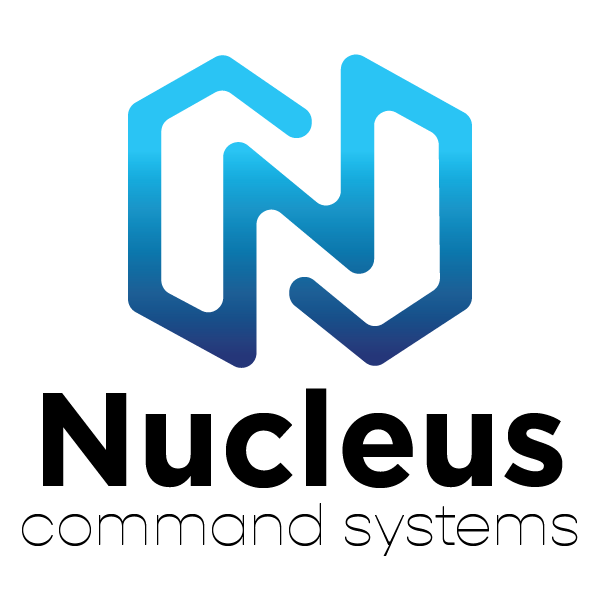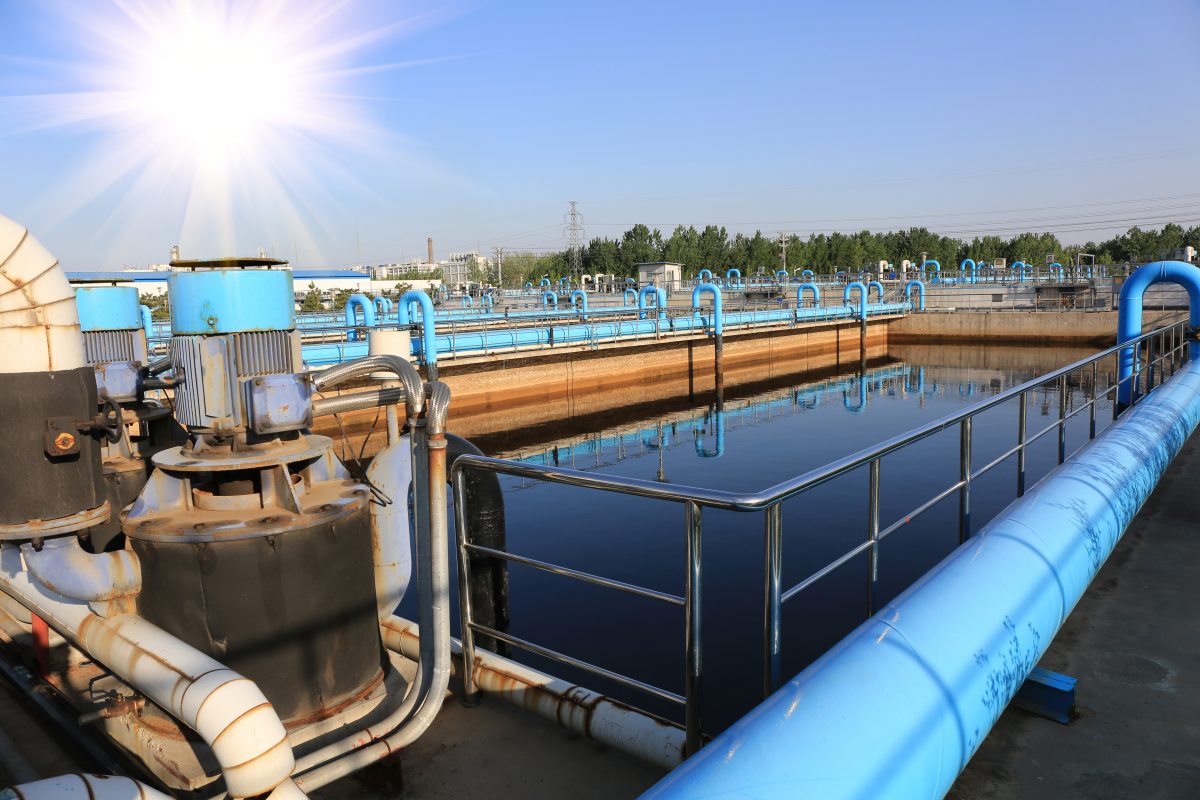Public utility systems such as power, water and wastewater management have been one of the most successful applications for HMI SCADA technology.
Government agencies learned about the productivity, safety and efficiency gains decades ago. Public rail transit systems worldwide began utilizing control system software tools (such as Nucleus) to safely and efficiently move millions of people on trains every day.
Supervisory Control and Data Acquisition (SCADA) technology has only grown in importance for the entire range of public utility systems. And water and wastewater management systems operators, armed with smart Human Machine Interface (HMI) devices, have benefited. They have embraced the cost-saving power of SCADA to the ultimate benefit of customers. Indeed, water and Wastewater Systems use HMI SCADA technology in cost-saving ways.
SCADA Is Environmentally Friendly
Largely due to SCADA technology, modern society enjoys environmentally friendly and affordable treatment of water and wastewater. The complex network of sensors, gauges, meters and data-processing software enables safe water treatment. Of course, drinking water and wastewater management are inextricably linked. The ability to eliminate harmful chemicals and toxins from wastewater helps maintain a cleaner environment, including potable water.
In the United States, the EPA imposes very strict regulations on water utilities. But using SCADA software, operators can safely monitor chemical levels. Moreover, SCADA technology allows this remote monitoring to be instantly shared via the cloud and other data management and processing systems. By gathering and analyzing real-time data, SCADA enables the intake and outflow of water in a safe manner. The ability to avoid costly government fines from regulators is an essential benefit of SCADA.
Automation Brings Efficiency to Systems
Water and wastewater management operators enjoy the scale that SCADA allows. SCADA software such as Nucleus Command Systems bring a range of tools to help achieve this for many applications.
Prior to the adoption of SCADA technology, it required massive teams. A lot of manpower had to personally monitor systems and operate equipment. But SCADA allows remote monitoring and automated operations run by powerful programmable logic controllers (PLCs). Also, SCADA technology has permitted operators to manage multiple sites from one central control center.
Among the many advantages is SCADA can detect system malfunctions such as leaks, saving valuable time and money,” says SCADA software expert Ken Baker of Nucleus. “Systems operators can more efficiently manage the technical support and safety interventions required to keep water and wastewater up to standards.”
Field operators and other staff resources can be utilized in a more cost-effective manner with the help of SCADA-enabled automated systems.


Pingback: SCADA Systems for Water & Wastewater Treatment Need These Five Features - Nucleus Command Systems